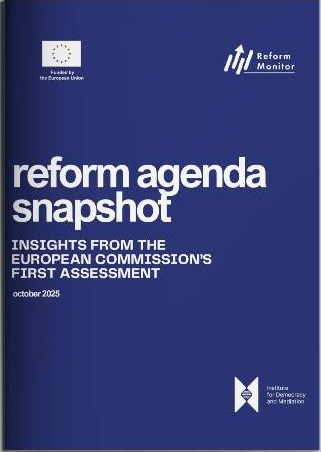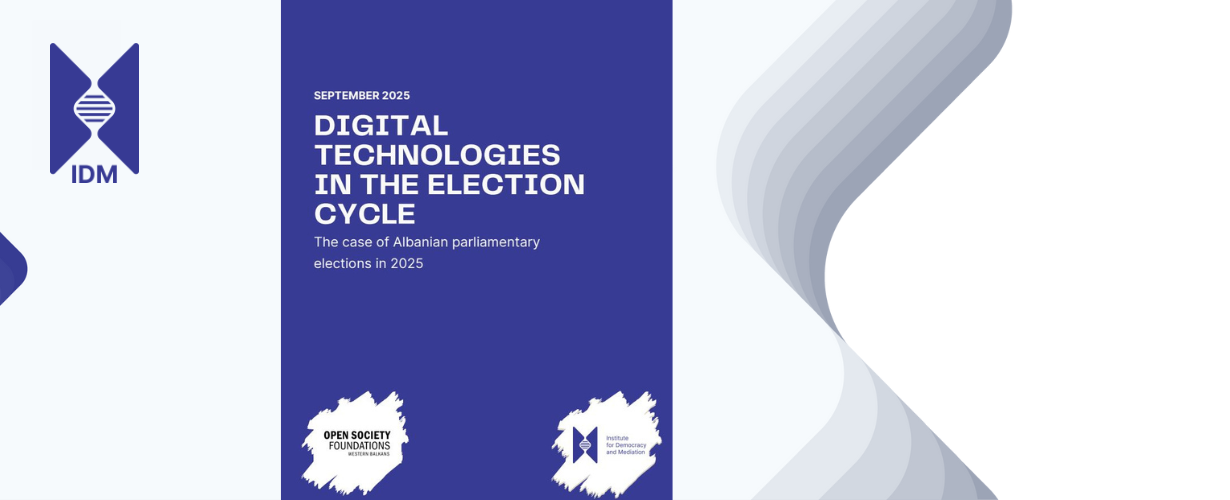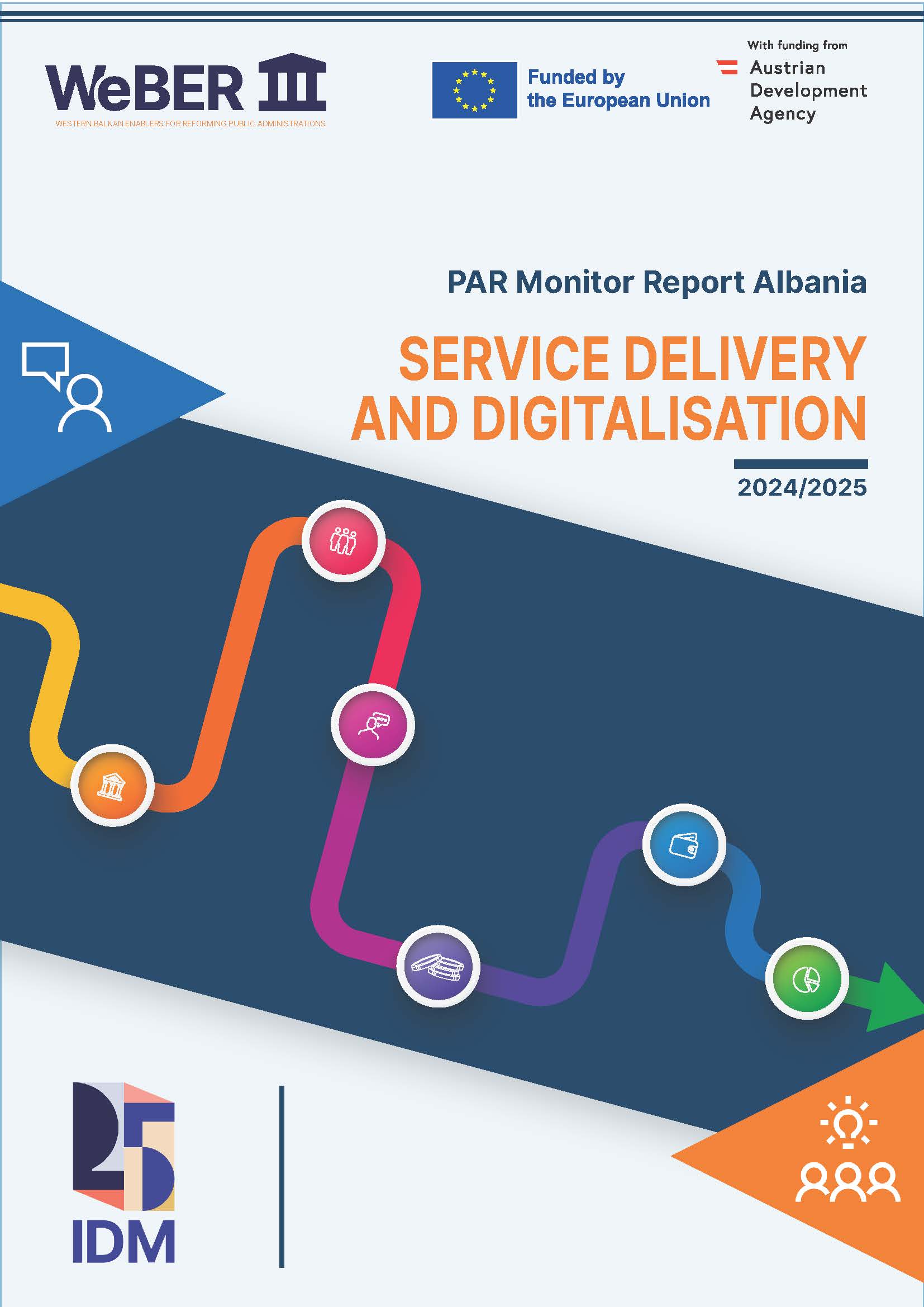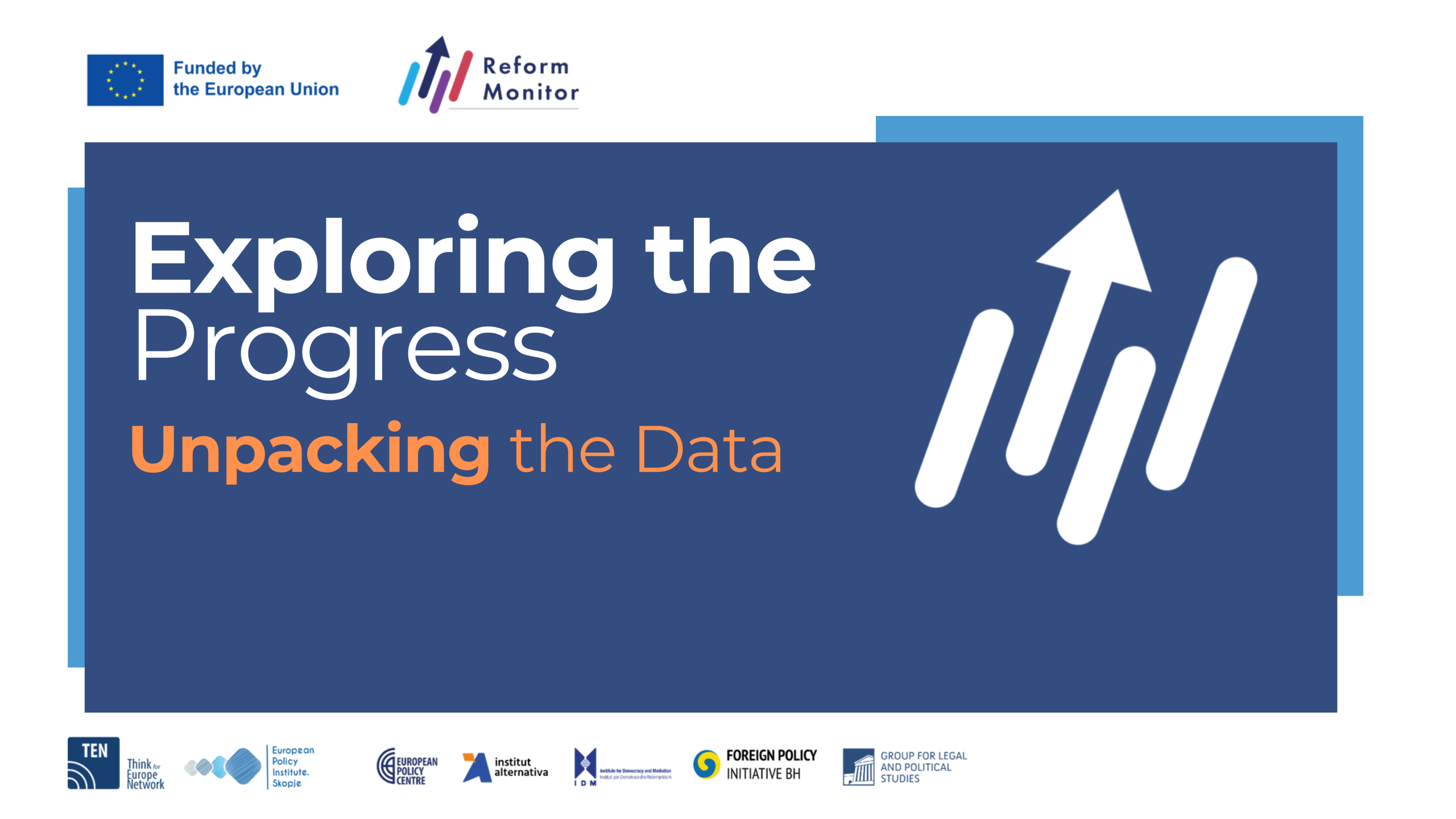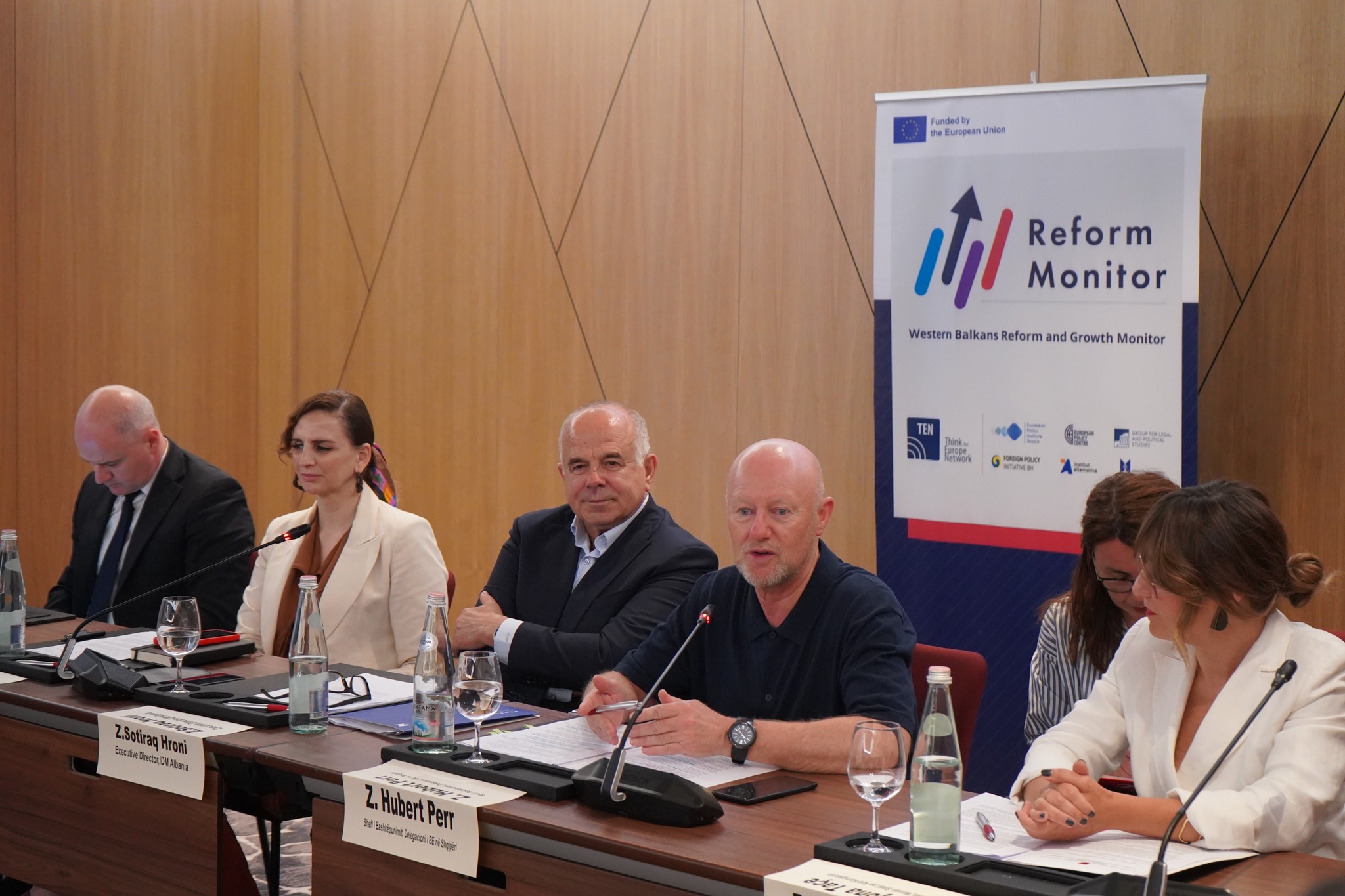Regional Forum – 13 December 2012 – Hotel Tirana International
Institute for Democracy and Mediation in cooperation with with Belgrade Centre for Security Policy (www.bezbednost.org) and Kosovo Centre for Security Studies (www.qkss.org) with the support of the Norwegian Ministry of Foreign Affairs, organized the first Security Research Forum Belgrade – Tirana – Prishtina: Resolving the Security Dilemmas in the Western Balkans, with the participation of well-known personalities in the field of policymaking, diplomacy civil society and media.
The forum which took place in the premises of Tirana International Hotel Forumi with speakers and representatives from the three countries: Serbia, Kosovo and Albania, was designed to function as an open debating arena regarding important issues related to security sector reform, regional cooperation especially in the economy, the role of the media and academia in the efforts to bring closer the divided communities.
In order to ensure a free and open debate and a proper articulation of the main issues selected to be part of this event, during the forum were applied Chatham Hose Rules, meaning that the comments and statements expressed during the forum were not attributed to the speakers or institutions they represent.
The first panel was focused on the security sector reform, revealing the main features of the reform in each country, the success, setbacks and the future challenges. The panel was concentrated in the strengthening of accountability and transparency in the security sector governance and how these contribute to resolve security dilemmas.
The panel moderated by Mr. Luan Hajdaraga, and composed by Mrs. Sonja Stojanovic – Director of the Belgrade Centre for Security Policy, Mr. Florian Qehaja – Head of Kosovo Centre for Security Studies and Mr. Arjan Dyrmishi head of Centre for European and Security Affairs (CESA) provided a brief presentation on the main challenges and difficulties faced in the process of security sector reforms. Then the panelists opened the floor for comments, questions and discussions from the audience.
The questions were mainly targeting the national policies in the respective countries, mainly on NATO integration and EU and the national interests that relates to these policies. The panelists replied to the questions illustrating and providing an insight of national policies in each country and the regional cooperation in the security sector, often impeded by historical context.
In the second panel moderated by the diplomat Mr. Roland Bino, the invited speakers were Mr. Jeronim Bazo – President’s Adviser, Mrs. Ilda Zhulali – Ministry of Foreign Affairs and Mr. Gjergj Buxhuku from Conf-Industria.
The panelists provided the audience with a brief summary of the three main issues.
– Inter-state cooperation and relations
– The current state of the cooperation in the field of security and military: Can former enemies become friends?
– How can economic development boosted between our countries taking into consideration the political context.
After the briefing the participants asked and commented the panel concerning different opinions and perspectives about the developments in the three countries and the importance that regional security has for security and economic development.The third panel, moderated by Mr. Piro Misha – Director of the Institute for Dialog and Communication, gathered in a very constructive debate well known journalists Mrs. Rudina Xhunga and Mr. Ben Andoni, and the distinguish academic Mr. Fatos Tarifa. They presented to the audience their experiences on the role of academia and media in bringing together divided communities and how to utilize media and academic milieu to build and improve the perceptions and the relations between different ethnic communities. After the presentation the participants asked the panelists about the current state of media coverage and academic research concerning inter-ethnic issues.The forum was attended by approximately 40 participants with interest in security issues and inter-ethnic relations.


